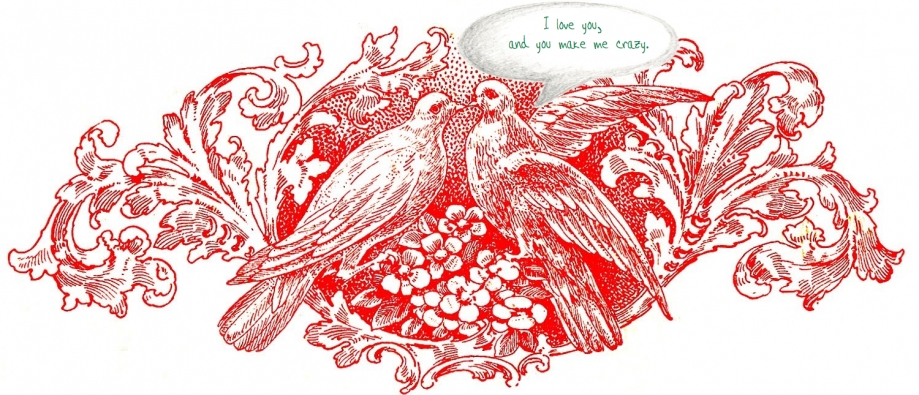We have a guest author today—a good friend of mine, Ellie. Her post is a fantastic one for the pre-Lent season.
My minor was psychology, mostly because of how fascinated I was with a cognitive psychology class. Now I read quite a bit on behavioral psychology. It is fascinating to me to understand how people behave and perceive themselves behaving and, surprisingly often, how those two fail to agree.
The connection that I would like to share starts with is what behavioral psychologists call “Ego Depletion”. In this case, you can replace the word “ego” with “willpower”. Studies show that willpower is not a static resource. Over the course of a normal day, we get less and less of it. A  temptation that would be easy to resist in the morning after a good breakfast would be more difficult to resist after a long day at work or with the kids. Studies show: we have a finite amount of willpower and when we resist one temptation we have less willpower for the next temptation.
temptation that would be easy to resist in the morning after a good breakfast would be more difficult to resist after a long day at work or with the kids. Studies show: we have a finite amount of willpower and when we resist one temptation we have less willpower for the next temptation.
It’s the reason a college student may eat an entire box of Oreos while studying for midterms—all their willpower went into studying. Or why after a long day of avoiding the various sweet treats in favor of veggies at the office, a person might indulge at home with that chocolate cake that was sitting on the kitchen counter.
When I heard this, I was initially surprised. When I thought of someone resisting a temptation, I thought of one “type” of person who is always giving into temptation and another “type” who is always resisting it. But then I tapped into reality. I started thinking of my own life instead of some stereotypical overeater or some prototypical too good-to-be-true Christian. I thought of how I felt after a long day of listening to customer complaints or dealing with empty promises at a previous employer. And I thought of how I carefully choose my words in those times. After those days, going home and giving into the temptation of watching Netflix for hours or slipping up on my fast because I just had a crappy day seemed like a more than occasional trend.
If the research stopped there, I’d feel pretty depressed. If willpower changes throughout the day, and we get less of it, how can we ever be expected to “be perfect as your Father in heaven is perfect”? But there was some good news. In “The Honest Truth about Dishonesty”, Dan Ariely says that willpower can be seen as a muscle. It can be strengthened over time. I won’t be able to run 23 miles the first time I put on my running shoes. But with training, I will be able to run that marathon.
This is when I started to make the connection. And I apologize to those for whom this is obvious. The church, in her wisdom, gives us a way to “exercise” our willpower: fasting. When I fast, I am strengthening the muscle. I am working on getting more willpower to resist temptation by creating a situation where I exercise the muscle.
As with many things in the Orthodox Church, there is no one explanation for why we fast. However, this provided a construct for me to explain fasting to non-Orthodox and non-Christians. And it helps me make sense of the day-to-day struggle of a fast. I can tell myself “one more rep, one more rep…”
It also provides an answer for some excuses I give myself. For example, “Fasting drains my willpower and then I am more likely to sin.” That’s like saying, exercising makes me weak and then I am more likely to not be able to lift weights that day. Yes…but how else are you going to get better? If this is a serious issue for you, talk to your priest of course. He should be able to work with you to get the right balance. But I know I can’t make this excuse anymore.
Like athletes, we Orthodox train. The muscle that we are working on is willpower. Every veggie burger works that muscle. The third dinner of beans and rice this coming fasting season gives me a leg up in fighting my passions.
Just remember: Always talk to your doctor priest before beginning a fasting regimen.

